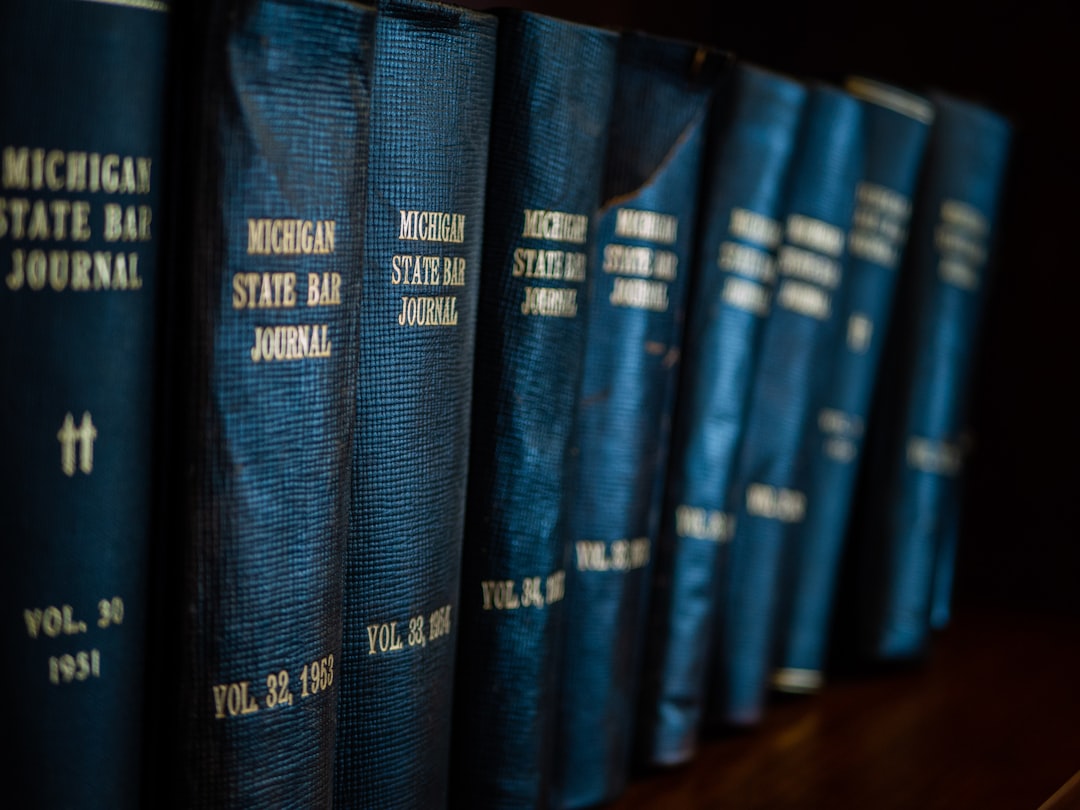Character evidence plays a critical role in rape trials in Chicago, IL, where it is subject to strict legal guidelines to ensure fairness and accuracy. Admissible exceptions exist to rebut recent conduct or support patterns of behavior, but its use must be balanced carefully to avoid prejudicing defendants and perpetuating stereotypes against survivors. Rape law firms in Chicago IL are crucial in advocating for ethical procedures that minimize stigma and focus on current incident facts, fostering a more supportive and just environment while ensuring fair trials.
In Chicago IL, as in many jurisdictions, character evidence plays a pivotal role in rape trials. This article delves into the complex dynamics of introducing such evidence, examining its admissibility under local laws and exploring the ethical dilemmas it poses in sexual assault cases. By navigating the balance between fairness and sensitivity, we aim to highlight the crucial responsibilities of legal professionals and ensure just outcomes for all parties involved in these sensitive trials. Understanding these considerations is essential for both the judiciary and rape law firms in Chicago.
Understanding Character Evidence in Rape Trials
Character evidence plays a significant role in rape trials, offering insights into the accuser’s or defendant’s behavior and reputation, which can shape perceptions and influence jury decisions. In Chicago, IL, where rape law firms navigate complex legal landscapes, understanding this type of evidence is crucial. It includes testimony about a person’s general character traits, such as honesty, reliability, or propensity for aggression, from witnesses who have interacted with them in various settings.
This evidence is often used to corroborate or challenge the victim’s or defendant’s claims, especially in cases where there are no direct physical clues. However, its admission and use are governed by strict rules to ensure fairness and prevent prejudice. Rape law firms must carefully navigate these guidelines to present character evidence effectively while upholding ethical standards, aiming for just outcomes in these sensitive trials.
The Admissibility of Character Evidence: Legal Framework in Chicago
In Chicago, the admissibility of character evidence in rape trials is governed by strict legal guidelines aimed at ensuring fairness and accuracy. The rules are clear: character evidence, which refers to a witness’s testimony or documentation regarding an individual’s reputation or conduct, is generally inadmissible to prove that a person acted in conformity on a particular occasion. This principle is deeply rooted in the concept of presumption of innocence, a cornerstone of Chicago’s rape law firm practices.
However, there are notable exceptions. Character evidence may be admitted for specific purposes, such as to rebut a charge of recent conduct or to support an inference of a pattern of behavior. For instance, if a defendant in a Chicago rape case alleges consent, the prosecution might introduce character evidence to demonstrate the victim’s previous reputation for honesty or lack of aggression, thereby challenging the alleged consent. This nuanced approach ensures that while character evidence is not used to prejudice a jury against the accused, it can play a role in complex cases where understanding a person’s behavior and motivations is crucial.
Ethical Dilemmas Arising from Character Evidence in Sexual Assault Cases
In Chicago rape trials, character evidence plays a significant yet controversial role. While it can help establish credibility and intent, it also presents complex ethical dilemmas. One primary concern is the potential for prejudicing the defendant, especially when the evidence introduces irrelevant or overly harmful information about their past conduct or reputation. This is particularly risky in sexual assault cases, where the focus should be on the specific allegations at hand rather than a person’s perceived character.
Moreover, the use of character evidence can inadvertently reinforce stereotypes and societal biases against survivors. For instance, introducing evidence about a survivor’s sexual history or past behavior may mislead jurors into questioning their credibility or blaming them for the assault, which contradicts the principles of the #MeToo movement and modern rape law. Therefore, navigating the admissibility and presentation of character evidence requires careful consideration by both prosecutors and defense attorneys to ensure fairness and protect the rights of all involved, particularly in the context of Chicago rape law firms.
Navigating the Balance: Ensuring Fair Trials while Addressing Sensitivity in Chicago Rape Law
In Chicago, navigating the delicate balance between ensuring fair trials and addressing sensitivity in rape cases is an ongoing challenge for the legal system. The presence of character evidence, often centered around the victim’s past behavior or reputation, can significantly impact the outcome of these trials. While this type of evidence might shed light on potential consent or motivations, it also carries the risk of perpetuating stigma and prejudice against survivors, especially in a highly publicized case.
Rape law firms in Chicago IL play a crucial role in advocating for fair procedures that minimize such risks. They emphasize the importance of focusing on the facts of the current incident rather than delving into the victim’s personal history. By raising ethical concerns and promoting awareness, these firms contribute to creating a more supportive and just environment for survivors, ensuring their trials remain fair while respecting their sensitivity.






